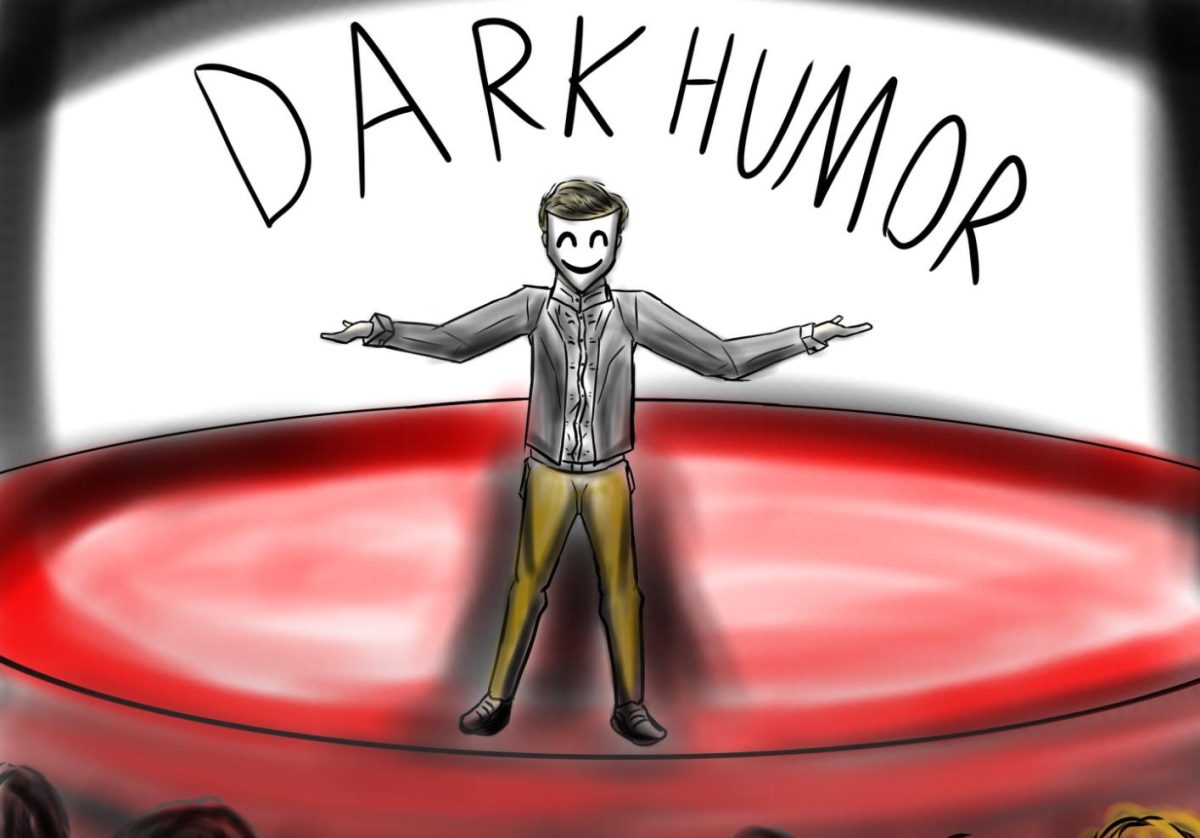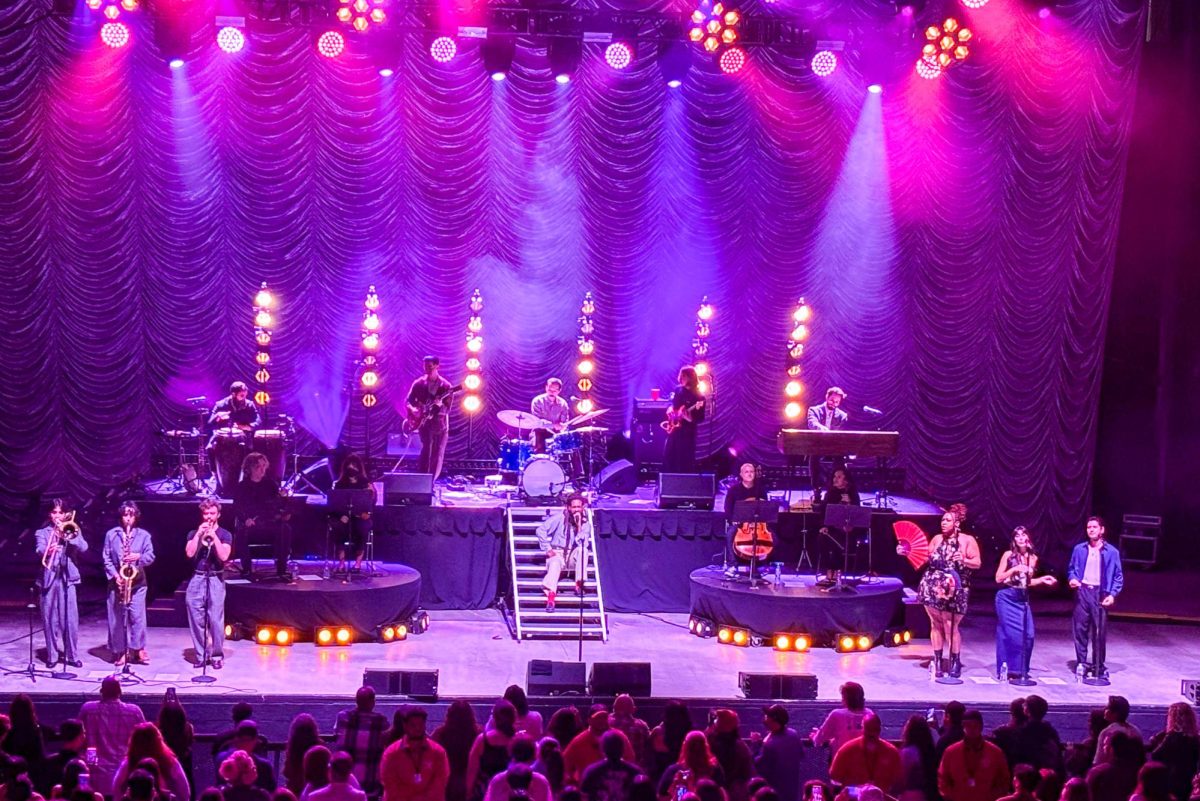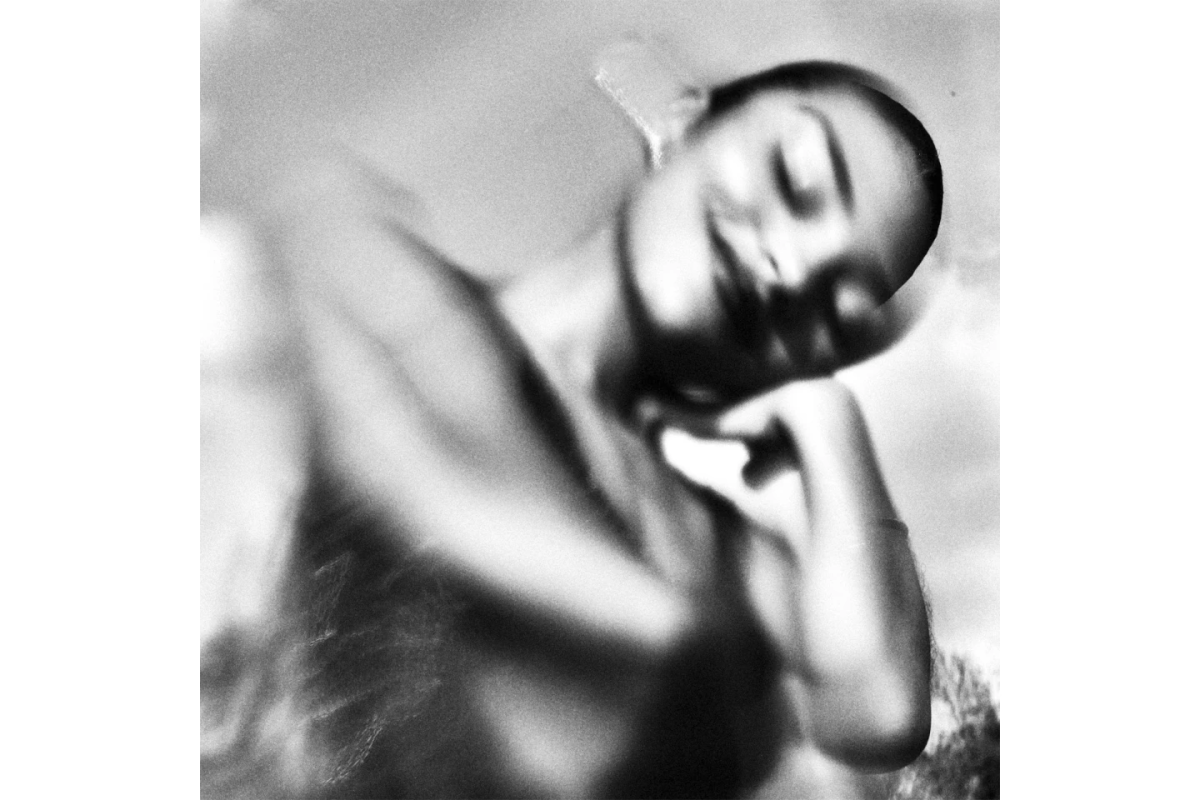The debate around the myriad of ways that dark humor is utilized in society has existed for centuries. After all, jokes that are perceived to make fun of tragedy can be seen as displays of an inability to empathize with others. Despite this, students in America have grown accustomed to the stifled snickering that follows overtly edgy jokes about subjects ranging from racism to 9/11. Although dark humor has a bad reputation as simply being a phrase that people use to justify being insensitive, it still holds its place in society as a form of satire when executed correctly.
One of the most recent examples of dark humor in meme culture is the TikToks that satirize P. Diddy being arrested for sex trafficking. While some may argue the jokes to be insensitive to the victims, characterizing their suffering as a laughing matter, it is imperative to understand that the joke itself is pointing out the absurdity of the situation. Viewers are not laughing because someone is being harmed, they are laughing because of the ridiculousness of the context (e.g. “freak off” supplies consisting of drugs and more than 1,000 bottles of baby oil) surrounding the incident, thus making the subject of the joke being P. Diddy rather than the victims. Even former fans of P. Diddy have had to grapple with the reality of the situation, and making jokes about it can help to detach themselves from the celebrity they once idolized.
Dark humor can also be a great way of minimizing an individual or group’s suffering and spinning it into something positive rather than dwelling on the negativity that it can so easily spur. According to a study titled “Humor Coping Reduces the Positive Relationship between Avoidance Coping Strategies and Perceived Stress: A Moderation Analysis,” researchers found that humor had a “significant moderating effect on the relationship between avoidance coping and psychological distress, with a reduction of perceived stress while using such a coping style in the presence of a medium to high level of humor.” An example of this is the “grippy sock jail” meme that gained popularity in 2018. Memes were used as a way of connecting with others over shared traumatic experiences, creating a safe space for individuals to share their stories in a place where they would not be shunned for their mental health issues.
A counterargument that many make is that humor is subjective. This is true, especially when considering the absurdism of memes hidden under so many layers of irony that the average individual unaware of online culture would be confounded. However, someone finding something funny doesn’t automatically make it laughable to the general public.
This is exemplified by the decline of rape jokes which ran rampant during the early 2000s era of the internet. It’s not that people became more “sensitive,” it’s that people realized that such redundant jokes landed flatly when considering the punchline as a serious reality for many. This can even extend to men’s sexual assault being used as a punchline, which uses the same humor in a “subversive” manner yet still perpetuates the harmful belief that men are more likely to “want” sex and therefore cannot be victims.
In the most recent season of “The Boys,” an action series notorious for its use of edgy and shock humor, one of the characters by the name of Hughie ends up in a situation that has heavy undertones of sexual assault. Some viewers criticized this scene due to the double standards surrounding the perception of sexual assault of men versus women. While they attempted to make the situation humorous by highlighting the absurdity of certain BDSM practices/fetishes, the actual onscreen depiction of the character’s acting communicating clear distress made the joke come off as poking fun at male victims of sexual assault.
In this day and age, many debate over the attempts of mainstream media to be “politically correct.” On one hand, there is certainly merit in the argument that language shapes our realities, but on the other hand, to what extent can the restriction of language based on societal values be taken before becoming oppressive? At the end of the day, everyone is free to make whatever jokes appeal to themselves. However, freedom of speech does not exempt someone from the social consequences of said speech. Just as individuals have the freedom to make jokes at others’ expense, others are equally entitled to call them out when it is no longer funny. Many who complain about the “woke mob” being too sensitive and “canceling” them for their cringe-worthy, edgy jokes are simply using the label of “dark humor” to cover up for their lack of creativity in the material.
While their humor may be dark, they are the farthest thing from funny. Dark humor is one of many ways that people can comment on controversial topics utilizing creativity and intelligence; it must not be diluted to rudimentary jokes that punch down those who are already struggling.










